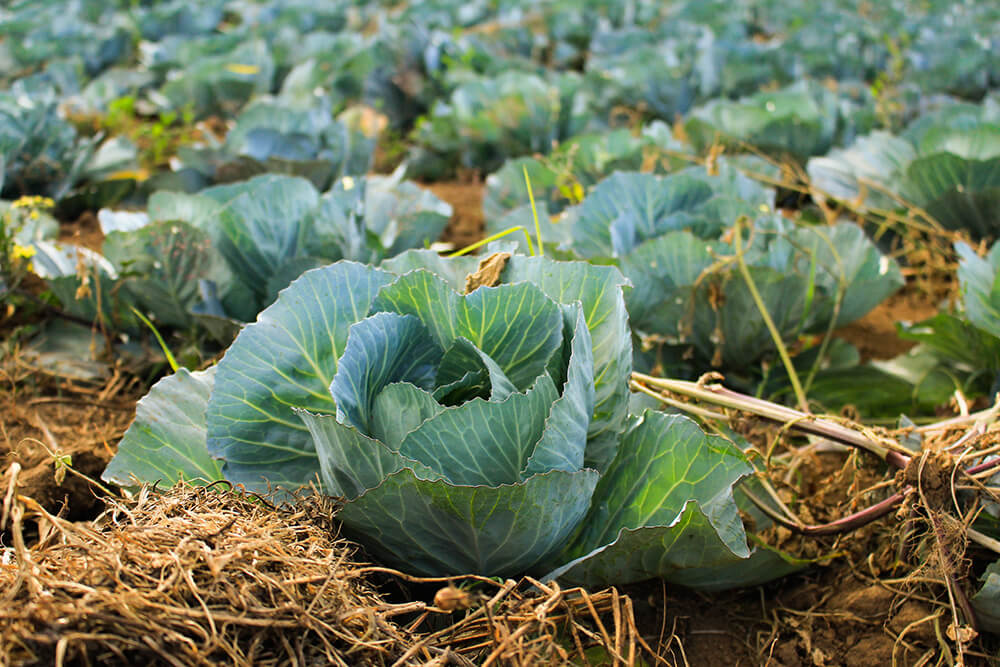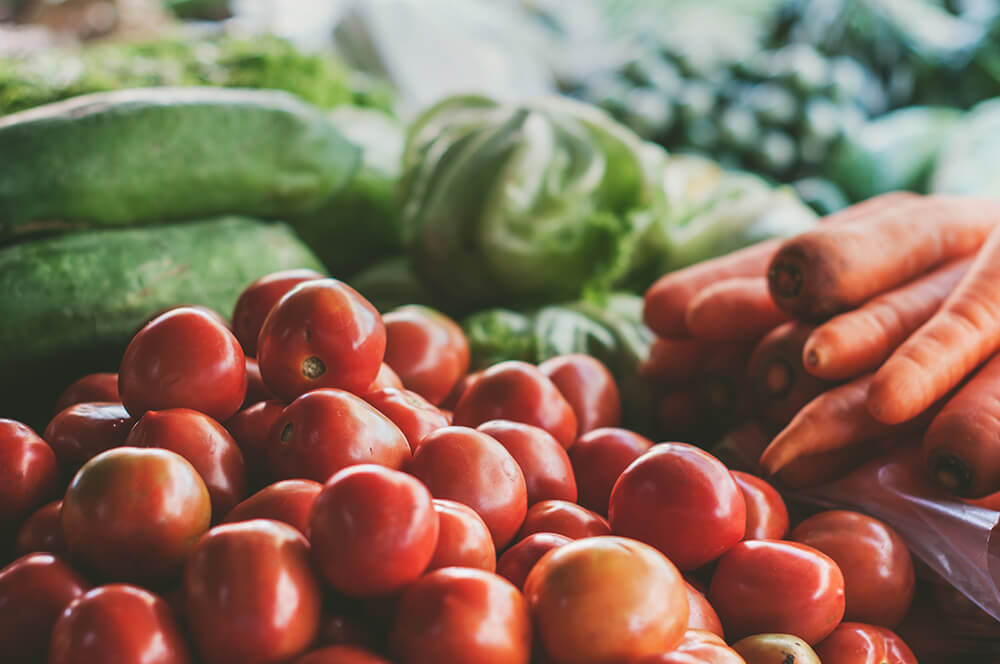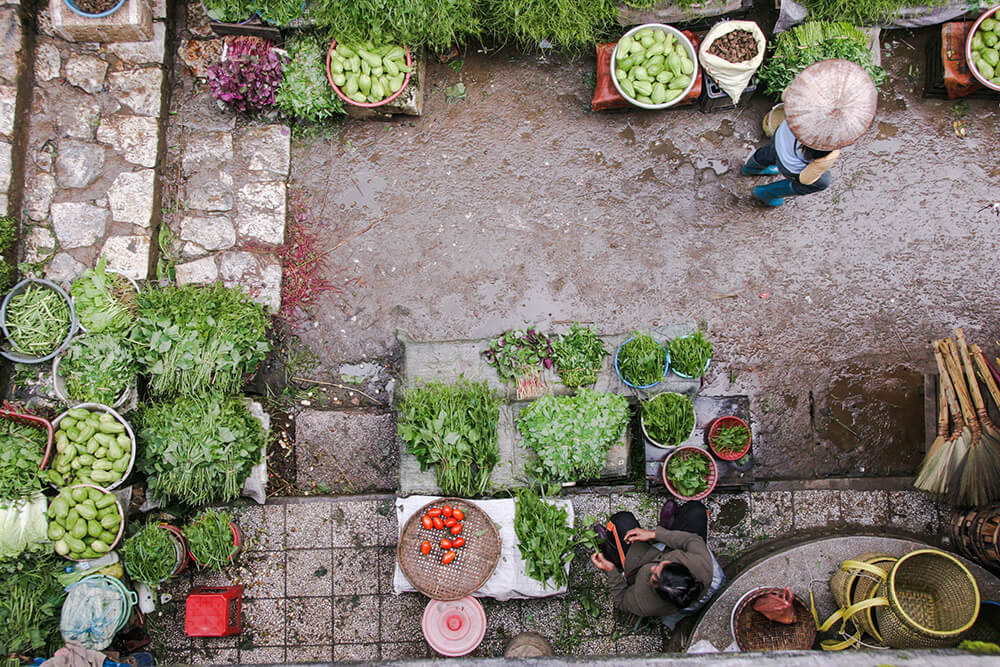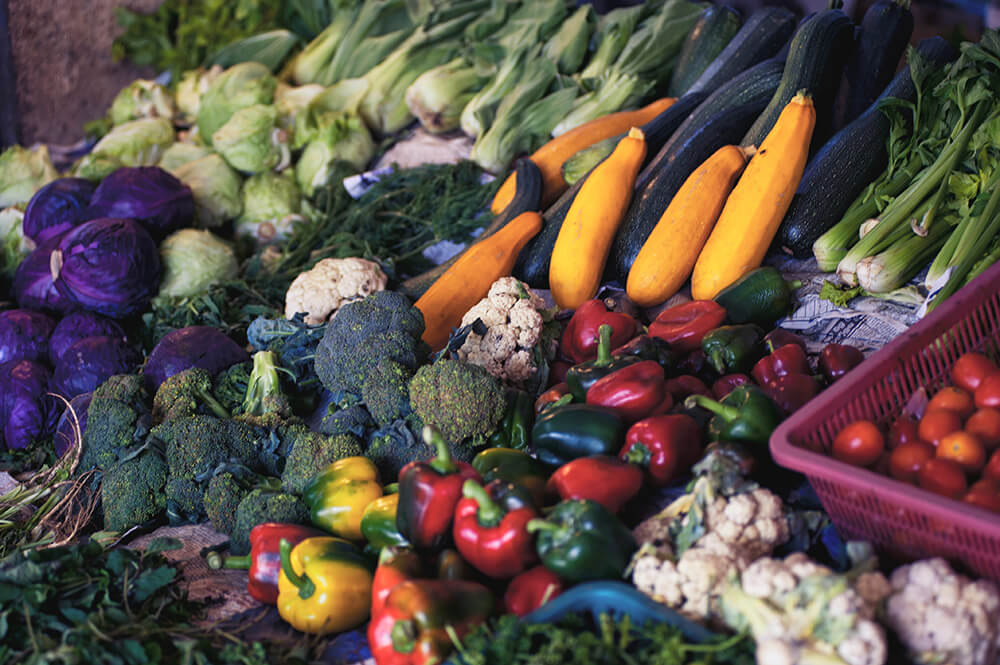Growing your own food is not only the obvious answer to lowering food miles and a cheap way to produce tasty fruit and vegetables for your own kitchen, it’s also a growing (!) hobby for many people. In fact, having raised beds in your garden or taking on an allotment on the edge of town can be one of the most rewarding things you will ever do.

We’ve come up with 7 compelling benefit of growing your own – and no doubt you can probably add a few more of your own.
1. Improve your mental and physical health
According to the National Allotment Society (NAS), ½ hour’s allotment gardening burns around 150 calories. That’s about the same as low impact aerobics, but with the added benefits of fresh air and working with the land.
What’s more, a vegetable patch or allotment can be your haven, somewhere to escape to from the hassles of everyday life. Just spending a few hours pottering around in the garden is a great natural stress reliever.
2. Discover the community spirit
Whether you have an allotment or a few vegetable beds at home, you’re not alone! There’s a whole movement of people discovering the joys of Grow Your Own. Why not get to know your fellow gardeners, meet up at Seed and Plant Swaps, share your interests and trade handy tips and tricks – and make new friends.
Vegetable gardeners are a friendly folk, always willing to give advice to newcomers, which is invaluable for learning the ropes.

3. Learn something new
Learning about the different varieties of fruit and veg and how to grow them in your soil is a process that never ceases to be exciting. Read around the subject, share any problems with the rest of the gardening fraternity and ask the old guard for gardening advice, then use trial and error to see what you can achieve.
If you can involve your children or grandchildren and pass on your skills and enthusiasm for allotment gardening to them, so much the better. It’s a great way to help children understand where food comes from.
4. Reap bountiful rewards
There’s a huge sense of personal achievement in growing a fruit or vegetable from seed in your garden or allotment, knowing exactly where it’s come from, how it’s grown and what it’s been treated with.
But surely the real beauty of growing your own is that the fruits of your labour are tangible – and you can eat them! There can’t be many more directly rewarding activities than harvesting your home grown veg, then create and serve up delicious dishes in your kitchen.

5. Wow your taste buds
It is a (sadly surprising) fact that most of us only come to realise how delicious fresh fruit and veg can taste when we compare our home grown produce with mass produced supermarket foods. Once you’ve tasted the difference, there’s no going back.
Harvested fresh from the ground, potatoes and carrots taste more earthy, tomatoes plucked straight from the vine have a richer flavour, while sweetcorn cooked straight after picking tastes incredibly sweet.
6. Save money
Not only are home grown fruit and veg much tastier than their shop bought equivalents, they’re better quality and cheaper too. With some careful planning and regular gardening exercise (which will make your gym membership redundant), you can feed the whole family with fresh produce for most of the year.
Also, rather than hunting down unusual ingredients in the supermarkets and pay through the nose for them, why not grow new and different varieties yourself? For the price of a packet of seeds (try Seed Parade), you can try delicious Japanese radishes or Chinese artichokes, Red Russian Kale or Purple French Beans or any of thousands of other fabulous varieties out there.

7. Help the environment
According to the NAS, even 1 square metre of land is enough to support hundreds of different wildlife species. Your ‘grow your own’ efforts will help to create the right habitat for bees and other wildlife to thrive, without which our ecosystem will deteriorate, crop yields will decrease and our planet will suffer as a result.
If you have the space, why not incorporate a wildflower meadow into your garden, add a pond, a beehive or a chicken coop?
–

Dakota Murphey is an independent content writer who regularly contributes to the horticulture industry. She enjoys nothing more than pottering around her gardening in the sunshine. Find out what else Dakota has been up to on Twitter, @Dakota_Murphey.